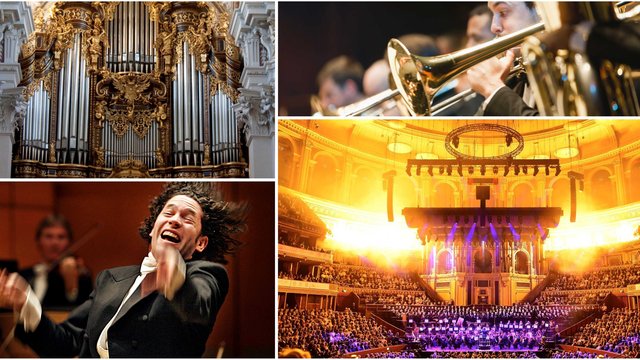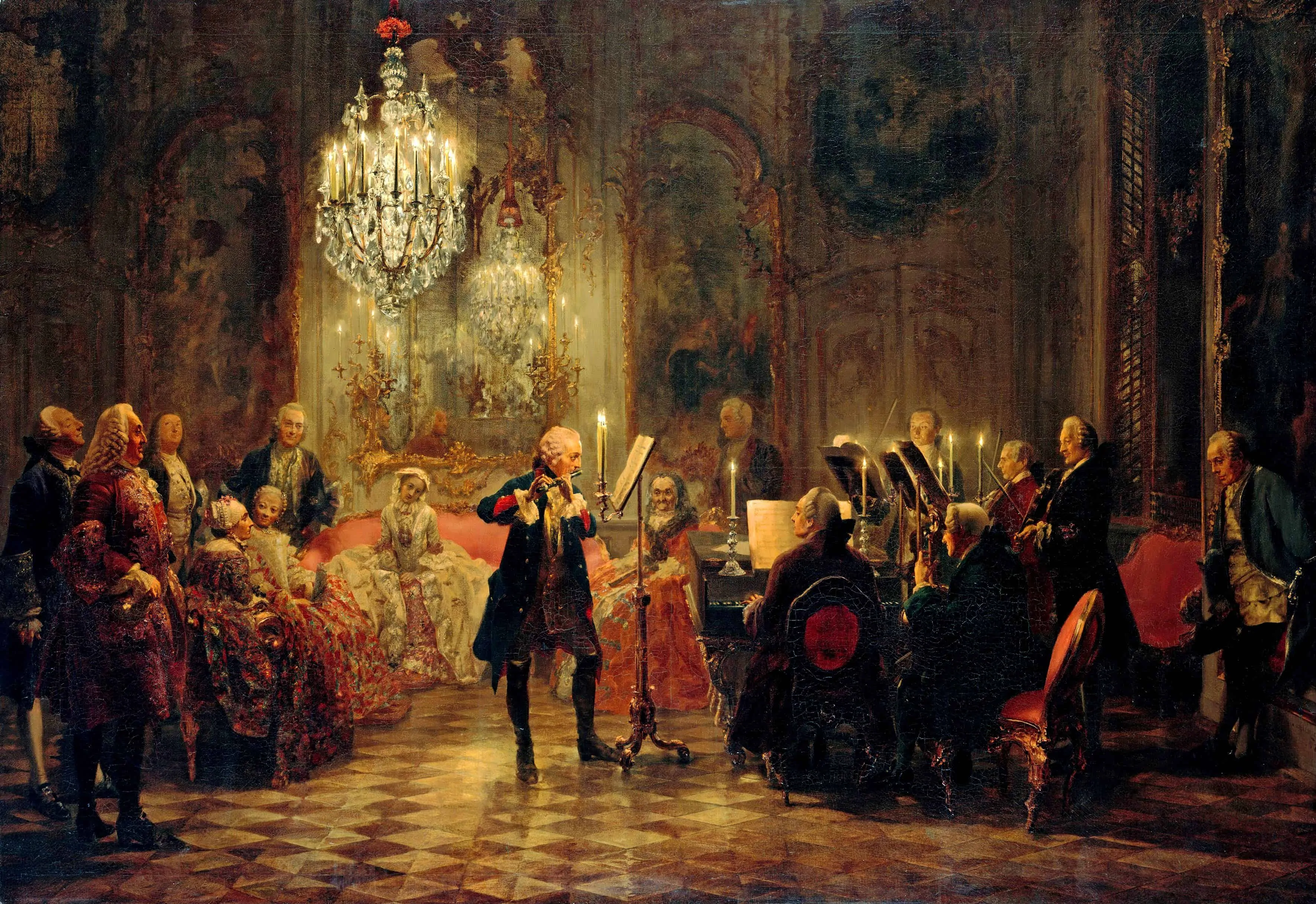I'm just getting into classical @ a late age and I'm a bit confused if it is better really loud or very quiet. I know many like it very subtle and others are head bangers. What is going on here for you peeps? How loud is it in concert usually and what should I expect from my headphone gear to make it like a real life concert? Is it normal to go really loud like I do for rock and pop music?



